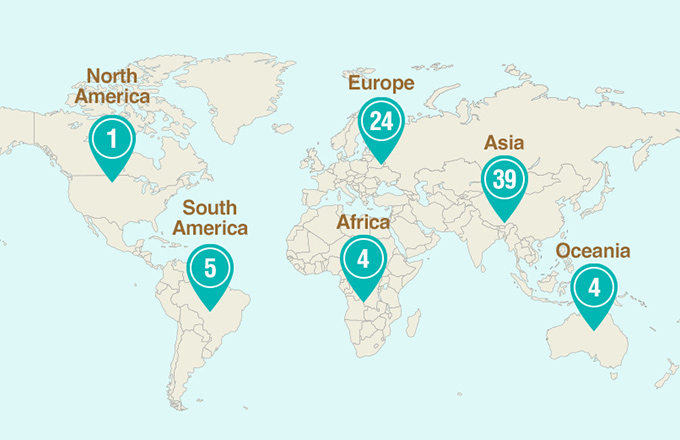EY: Chinese listed banks profit up in 2016
China's 37 listed banks realized a collective net profit of 1,453 billion yuan in 2016, up 3.65 percent year on year, growing by 0.8 percentage point as compared to 2015, according to the report Listed Banks in China – 2016 Review and Outlook released on Tuesday by EY, a global leader in assurance, tax, transaction and advisory services.
The profit rebound was the first time for China's listed banks since 2011. Geoffrey Choi, Assurance Leader of EY Financial Services in Asia-Pacific, attributed this growth to the opportunities and challenges brought by China's continued innovation and transformation.
The report, EY's 10th annual report focusing on China's listed banks, shows that, in 2016, listed banks captured the opportunities arising from national and regional development strategies, including the Belt and Road Initiative and the Beijing-Tianjin-Hebei integration.
Yet both non-performing loan (NPL) balances and NPL ratios of the 37 listed banks continued to rise due to a combination of macroeconomic slowdown, increased risk exposure to industries burdened with overcapacity, and adjustments to commodity prices, the report said.
By the end of 2016, NPL balances of the 37 listed banks totaled 1,240.29 billion yuan ($180 billion), an increase of 184.08 billion yuan from the previous year.
"To address the lack of diversified disposal models in dealing with growing NPLs, listed banks are stepping up efforts in exploring and implementing new disposal models. For example, the securitization of non-performing assets and debt-to-equity swaps have gradually commenced market-based operations," said Geoffrey Choi.
According to the report, listed banks also accelerated application of Fin Tech to optimize branch network and personnel structure.
"Fintech such as big data, artificial intelligence, block chain, cloud computing, mobile payment and biological identification have changed and will continue to bring profound changes the products and service offerings, business models and operating concepts of the banking industry," said Steven Xu, Financial Services Partner of EY Hua Ming LLP. "It will drive the transformation and upgrade of traditional financial services industry and help financial institutions to achieve innovation in products and service offerings, and business models."
In 2016, the total number of branches of large commercial banks declined for the first time while the proportion of smart branches further increased. Listed banks have continued to promote the construction of digital channels such as mobile banking, online banking, WeChat banking functions and direct banks while optimizing physical branches.



















